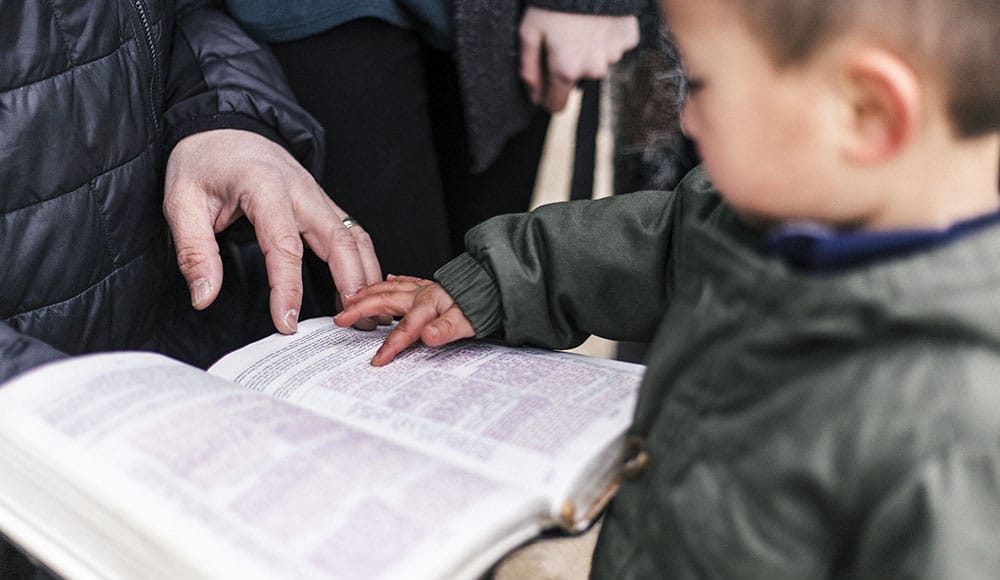
Conversion (Repentance)
“… repent and believe in the gospel.”
Mark 1:15 (ESV)
The new birth and conversion belong together.
Both are necessary for our salvation. And both occur simultaneously. Nevertheless, it makes sense to consider each part separately, because they emphasize different aspects of our salvation. While in the new birth God acts alone, in conversion man is also active and responsible.
What does conversion mean?
Conversion is, as it were, a 180° about-face. It consists of a turning away from sin, which we call repentance. And it consists of a turning towards Christ, which we call faith. In experience, this is often interwoven. (And in some congregations and regions repentance stands for both parts of conversion). However, if the Bible uses both terms at the same time, it is in this order: Repent and believe in the gospel!
What is repentance?
Repentance is a change of mind, a new way of thinking. Jesus illustrates this with the parable of the prodigal son in Luke 15. And because this time Jesus does not want to illustrate the new birth (as in the raising of Lazarus), but rather conversion, He emphasizes man’s activity in salvation. A cold-hearted son demands his inheritance from the father. Here Jesus describes the attitude of the natural man towards God. The prodigal son then squanders his inheritance and ends up in impurity and futility of sin. What is more pointless for a Jew than to herd unclean pigs that one is not even allowed to eat. But then there is a change of mind: When he came to himself, he said, ‘How many of my father’s hired servants have more than enough bread, but I perish here with hunger! I will arise and go to my father, and I will say to him, “Father, I have sinned against heaven and before you” (v 17-18).
Repentance involves the whole person: mind, feeling and will.
The prodigal son recognises his wretchedness (mind). He understands the ugliness of his sin and sees what it consists of. He has done wrong against God and man! Repentance is also an inner conviction and remorse of sin (feeling). The prodigal son has given up his pride. Humility speaks from his words. In the new birth God gives a new disposition and in repentance it comes out as a new attitude towards the Father. And finally, the son made a resolution (will): I will arise and go to my father.
What is repentance not?
Repentance is not compensation.The removal of my sin was only possible on the cross. Through His death, Jesus has completely made amends for all my transgressions before God! Any further compensation from me to God is neither possible nor necessary.
In our teaching children, we must not speak too quickly of conversion only as a turning to Christ. If we ignore the turning away from sin, we support the misconception that one could be a Christian and at the same time continue to live in sin. Let us protect children from this fallacy! Let us invite them to repent, to turn away from sin! Repentance is a good gift of God: Do you … not know that God’s kindness is meant to lead you to repentance? (Rom 2:4).
Seek first the kingdom of God (Part Three)
Therefore do not be anxious, saying, ‘What shall we eat?’ or ‘What shall we drink?’ or ‘What shall...
Seek first the kingdom of God (Part Two)
Seek first the kingdom of God (Part Two) But seek first the kingdom of God and his righteousness,...
Seek first the kingdom of God (Part One)
Seek first the kingdom of God (Part One) He has delivered us from the domain of darkness and...

